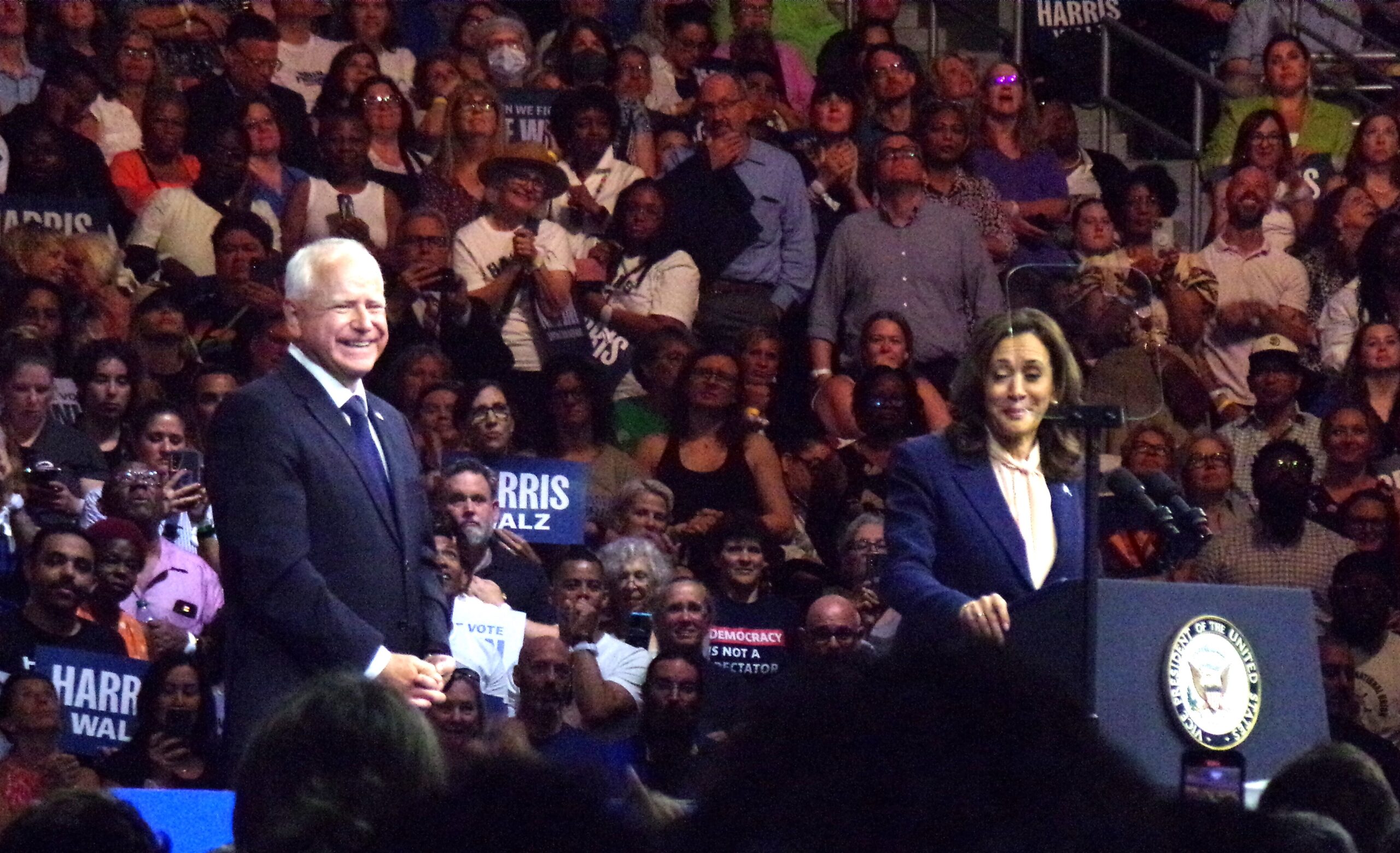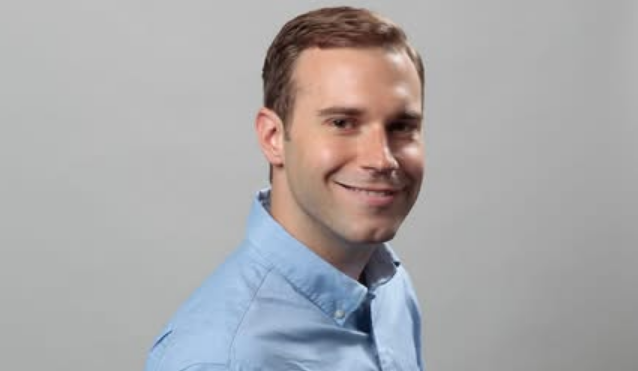
It’s really pretty simple. Under Communism the government owns the means of production. That is, they own the factories, high-tech companies, hospitals, universities, media outlets, supermarkets, department stores, real estate, farms, apartment buildings, etc. All of it. That ownership can be total, or it can be (as in China) a hybrid model in which the government effectively controls an enterprise’s daily activities by literally having a seat on every companies’ Board of Directors.
Capitalism’s success rests on channeling basic human nature productively to generate the most wealth for the most people. But there is a price. No system works seamlessly. And although tying broad, dynamic wealth generation to induvial capabilities and circumstances lifts many boats, it does not lift all of them. Not everyone benefits equally under Capitalism and some benefit not at all.
Communism does not work because it does not conform to basic human nature. Those who don’t have, want. Those who do have, want more. Including me, and virtually every one of you. It’s not good or bad. It just is. What it means, though, is that concentrating and conjoining economic and political power into the hands of a small group also exacts a price. It inevitably corrupts, impoverishes, and oppresses virtually everyone.
Critically, the core harm here is not a label or an ideology. It is the toxic concentration of economic and political power. Communism takes you there in a straight line. But there are other, more incremental, ways to get to the same unwelcome place.
Congress tried (under McCain-Feingold) and was stopped (in the Citizens United case) from ending unlimited political contributions. Which is a lot different than an ordinary person making a modest donation for a candidate or cause that they believe in. Unlimited contributions almost always equate to influence buying and can only be made by those that have the unlimited funds to make them.
What does that look like in America? Jeff Bezos, Bill Gates, Mark Zuckerberg, Larry Ellison, and Elon Musk have helped change how we live. But do their efforts really justify net worths of between 1 to 2.4 million times that of the average American?
More broadly, the Pew Research Center has noted that in just 10 years (1998 to 2007) the median net worth of the richest 5% of America’s families jumped from $2.5 to $4.6 million. What about the lower 41% of the population? Not so much. Their net worth in that same period went from $27,700 to $32,100.
But it is even worse than that.
The wealth of the top 1% in this country is greater than the assets of 90% of all Americans combined. And the very tip of the wealth spear is worst of all. U.S. billionaires increased their wealth by 70% since the start of the pandemic. Yet since 1980 their taxes have gone down by 79%.
Harris and Walz are not advocating for government ownership of the means of production. They don’t seek collective farms or government owned factories or Board of Director seats. They just want to raise taxes on people earning over $400,000 a year.
I would like to be fabulously rich, but the chances of that happening are lower than me waking up as Geroge Clooney. With odds that long, this column is not about envy. Nor, when you clear out the mental laziness that now seems to define our country, is it about “social justice” or equal outcomes.
At bottom, the Harris/Walz tax would slow down the concentration and conjoining of economic and political power into the hands of a small group. Does this promote the asphyxiation of Communism? Actually, in a fundamentally important way it does just the opposite.
We are less than 2 months out from the election. It is time to stop talking without thinking, and to stop making consequential decisions about our country and our families as casually as the way we chit chat at neighborhood barbecues.
No, Harris’s first name is not Kambala. It’s Kamala.
No, legal Haitian immigrants are not stealing and eating family pets.
No, Donald Trump did not have a bad night in the last debate. It was just like every other night in which he rages incoherently. That is, like (I suspect) most nights.
And no, Harris and Walz are not communists. But (I hope) you already knew that.
(Visited 41 times, 41 visits today)
There has been a lot of speculation and misinformation circulating about Vice President Kamala Harris and Minnesota Governor Tim Walz being labeled as communists. However, it is important to set the record straight and provide an accurate understanding of their political beliefs and ideologies.
First and foremost, it is crucial to understand what communism actually is. Communism is a political and economic ideology that advocates for a classless society where the means of production are owned and controlled by the community as a whole. It is a system that seeks to eliminate private property and create a society where resources are distributed equally among all individuals.
Vice President Kamala Harris and Governor Tim Walz are both members of the Democratic Party, which is a center-left political party in the United States. While they may support policies that aim to address income inequality, provide healthcare for all, and protect workers’ rights, these policies do not align with the principles of communism.
Harris and Walz both believe in a mixed economy, where there is a balance between government intervention and free-market principles. They support capitalism as an economic system but also believe in the importance of government regulation to ensure that businesses operate ethically and in the best interest of society.
Furthermore, both Harris and Walz have publicly denounced communism and authoritarian regimes that have implemented communist ideologies. They have spoken out against human rights abuses in countries like China and North Korea, where communism has been used as a tool to suppress dissent and control the population.
In conclusion, it is clear that Vice President Kamala Harris and Governor Tim Walz are not communists. They are politicians who believe in a democratic system of government, capitalism with regulations to protect workers and consumers, and social programs to address issues of inequality and injustice. It is important to separate fact from fiction and not fall prey to misinformation and fear-mongering tactics that seek to demonize individuals based on false accusations.



